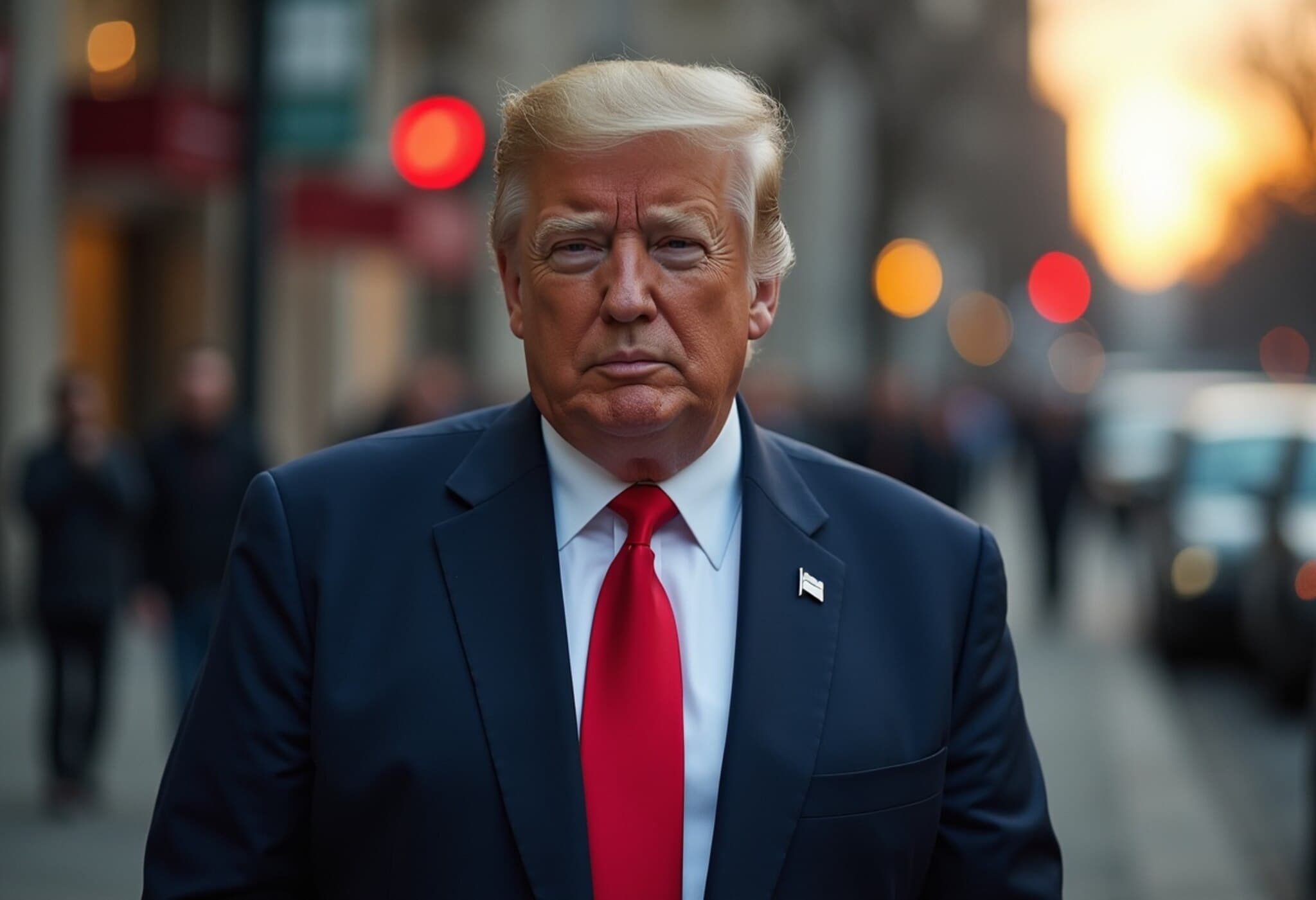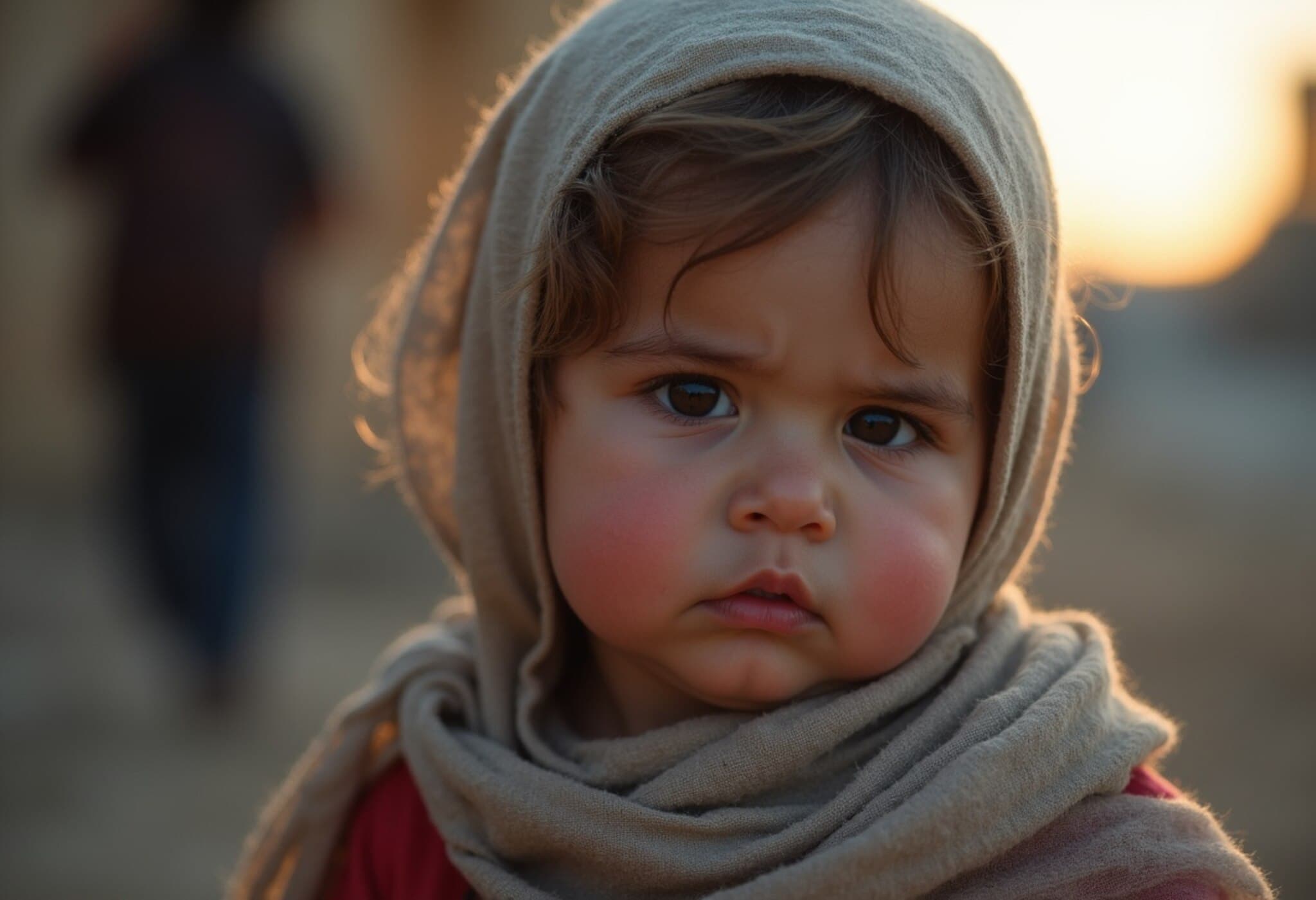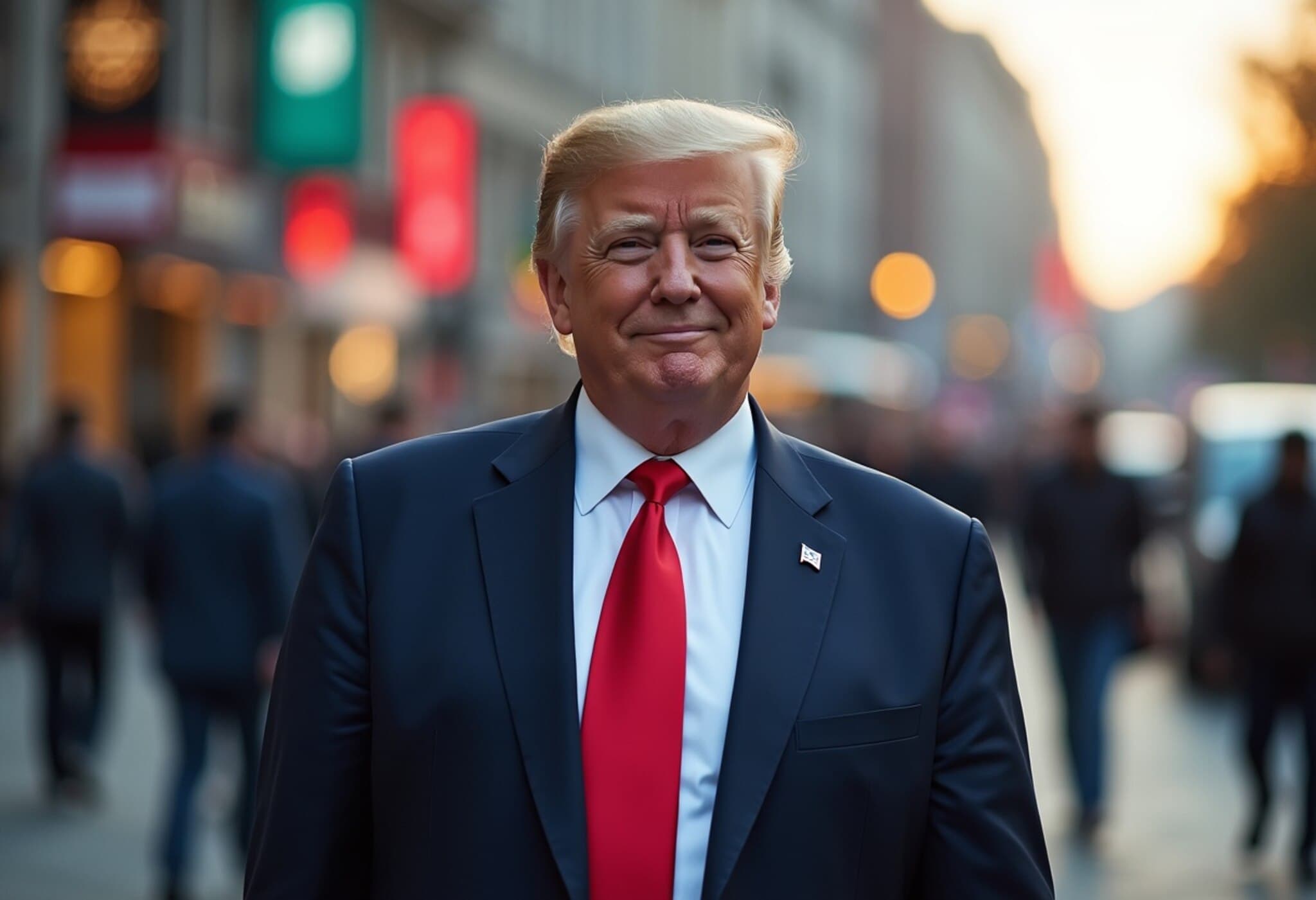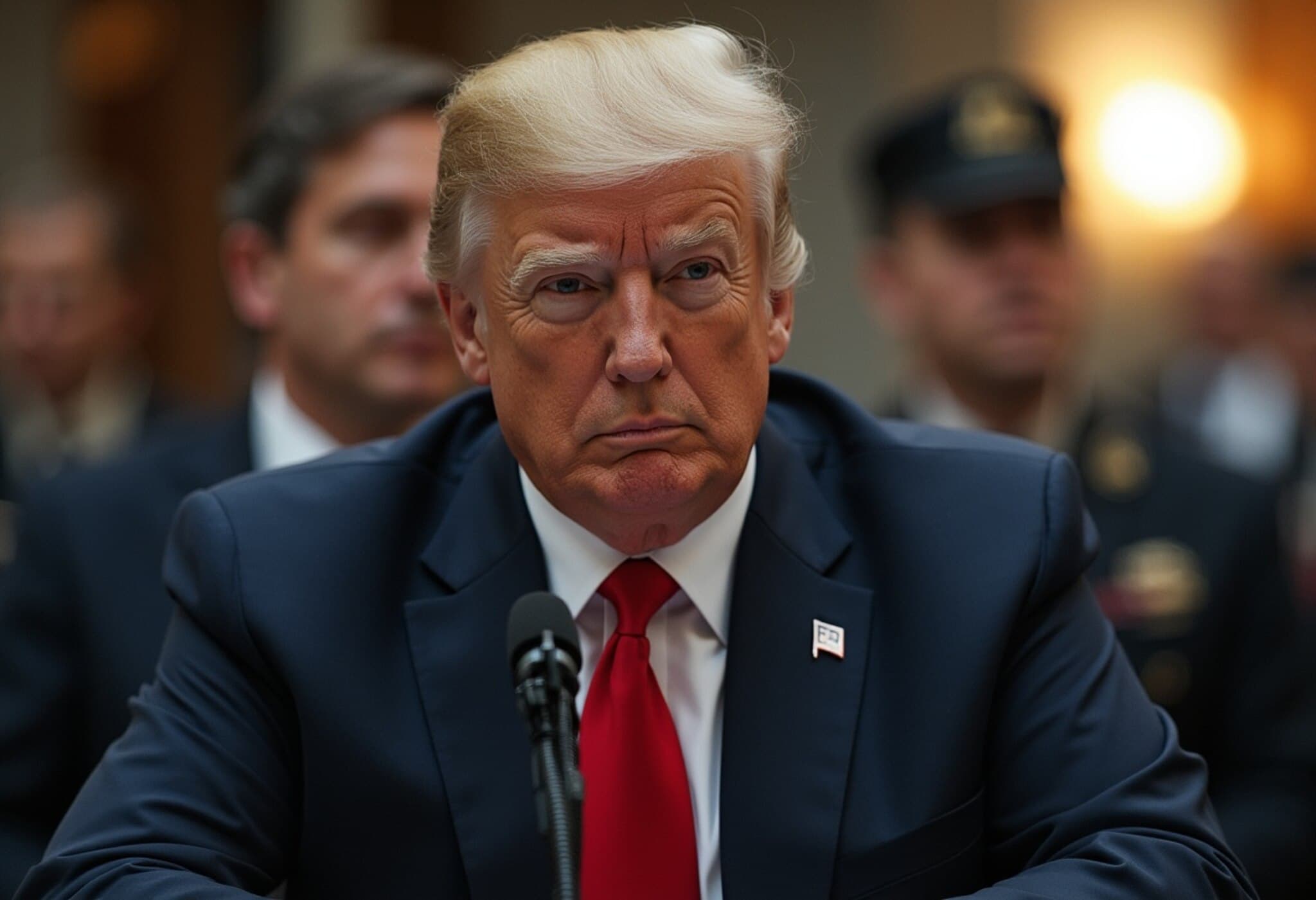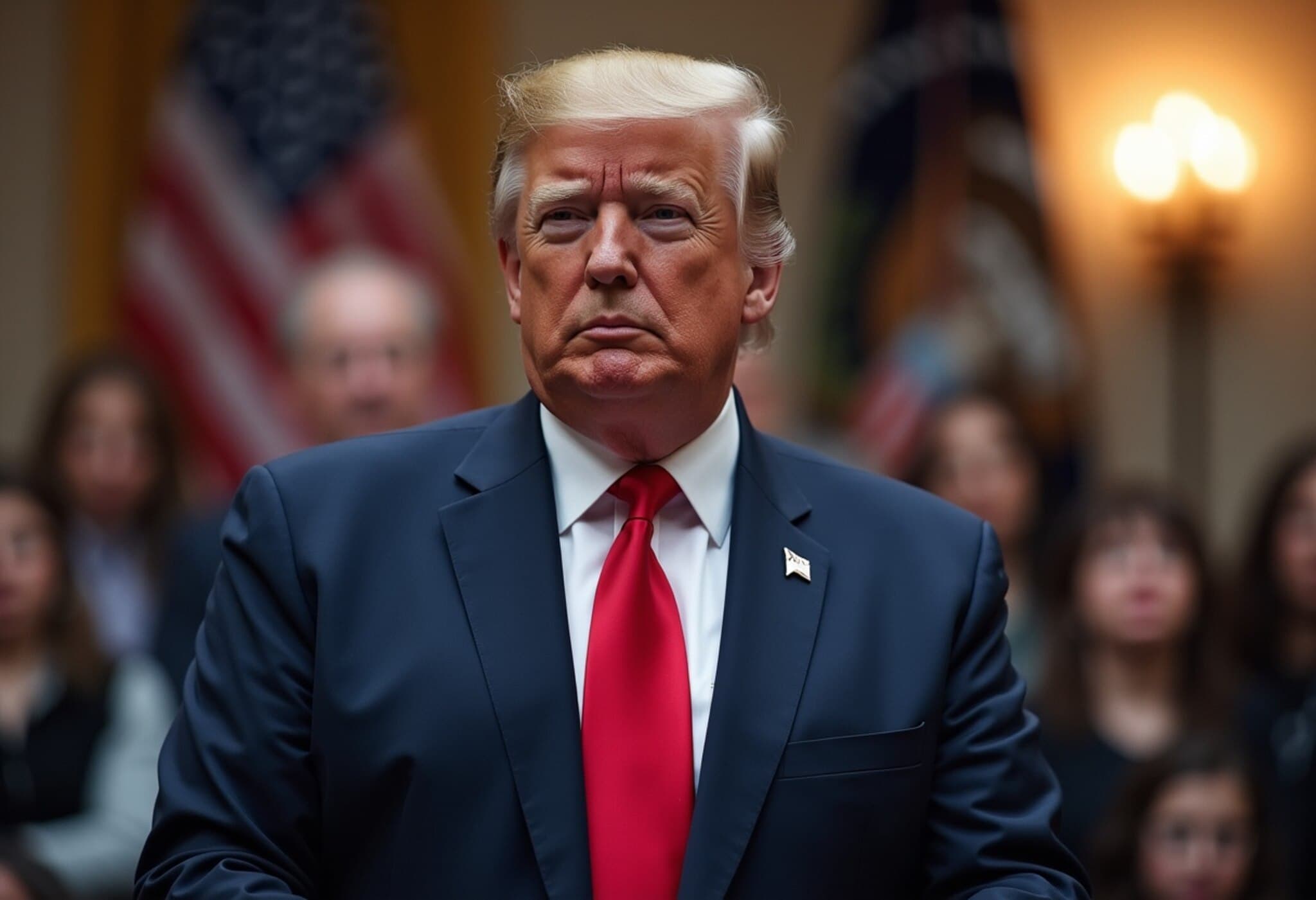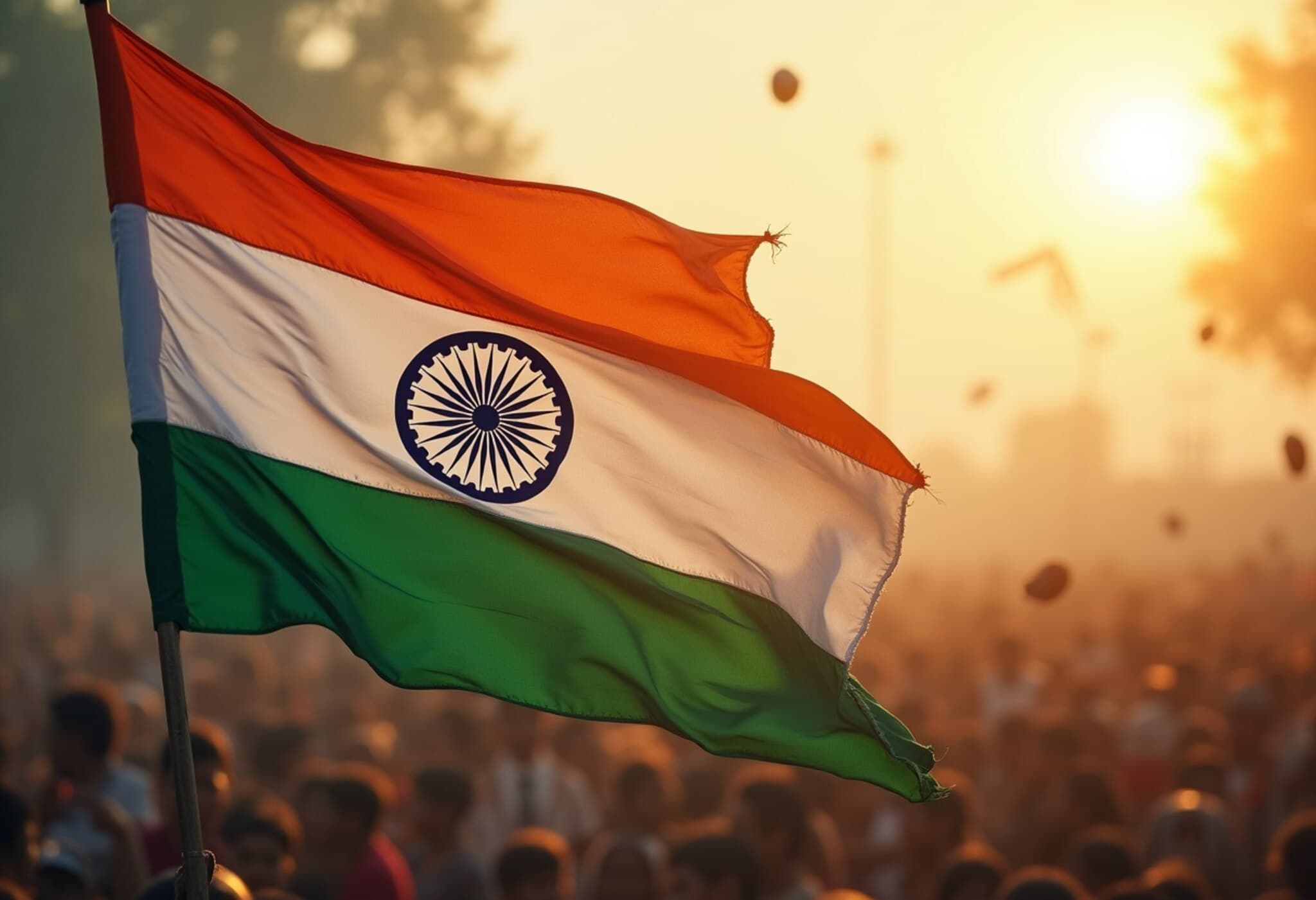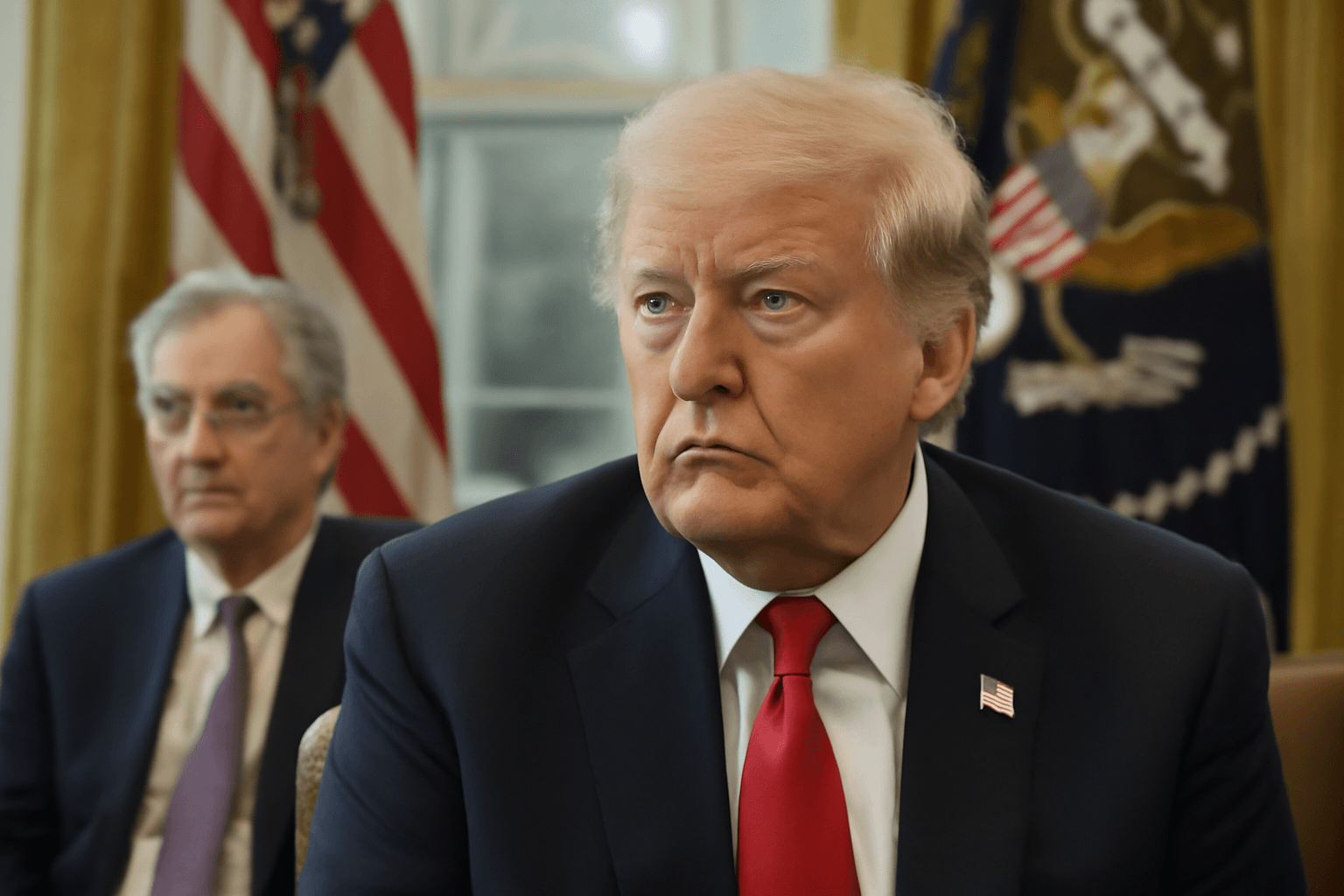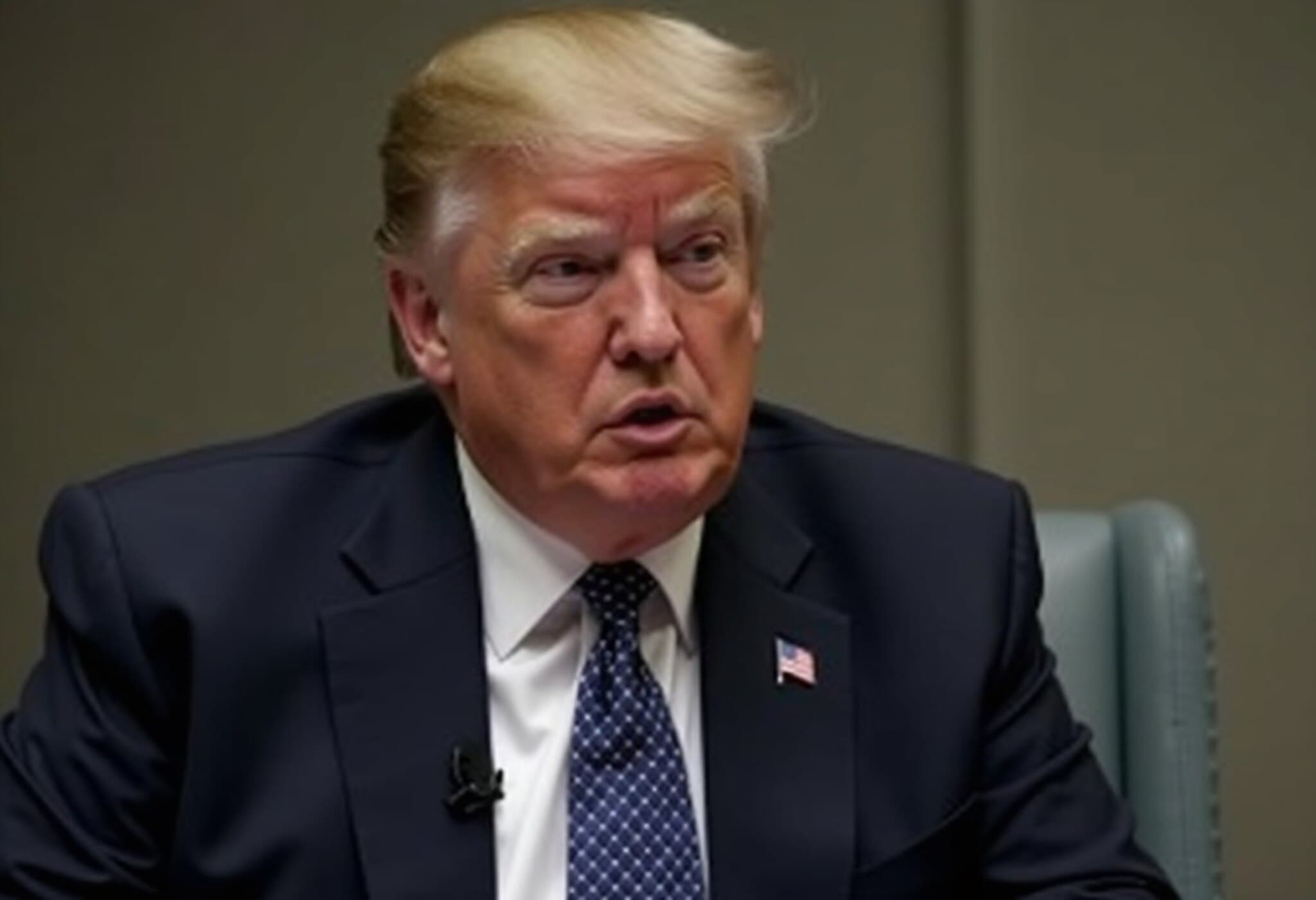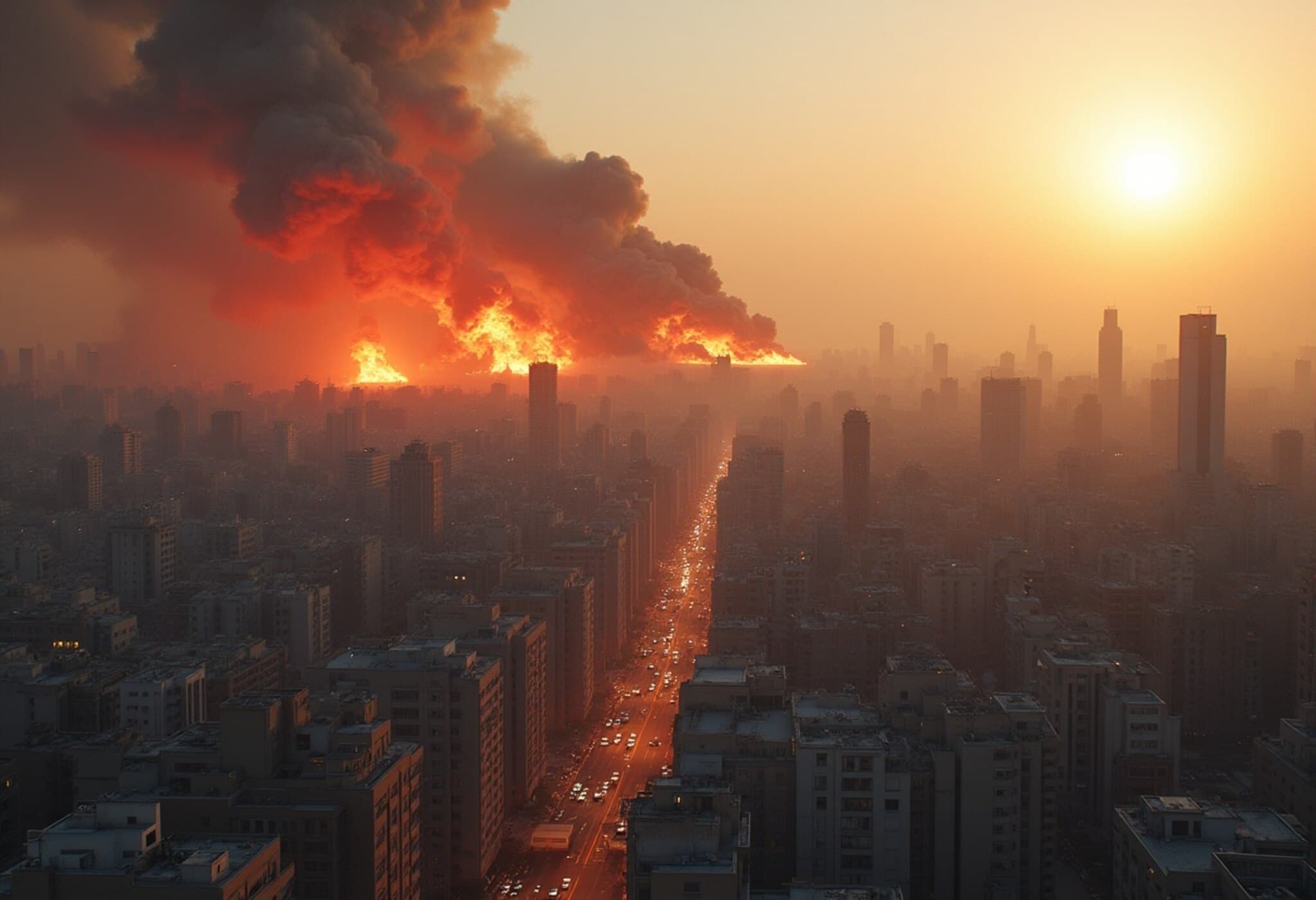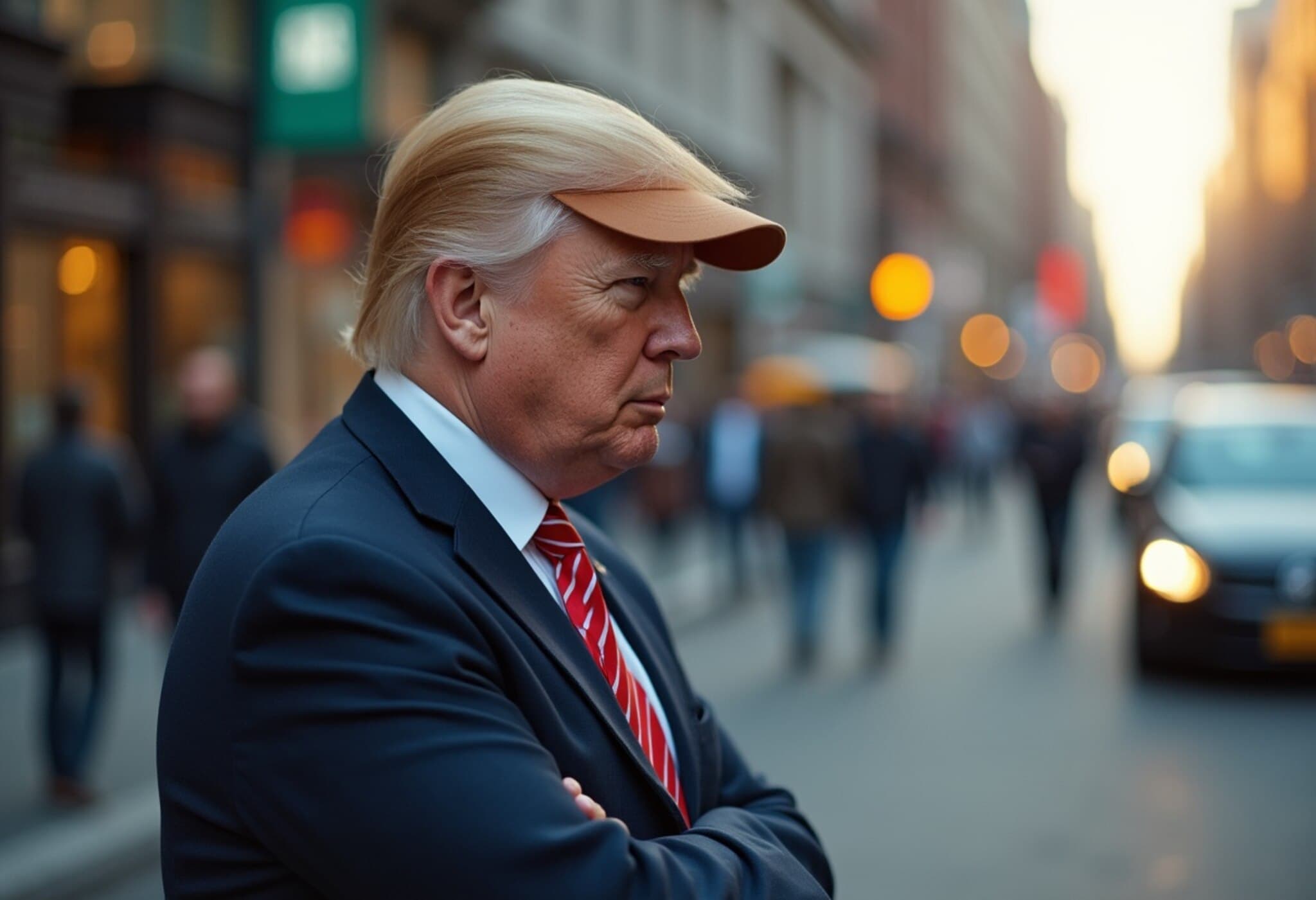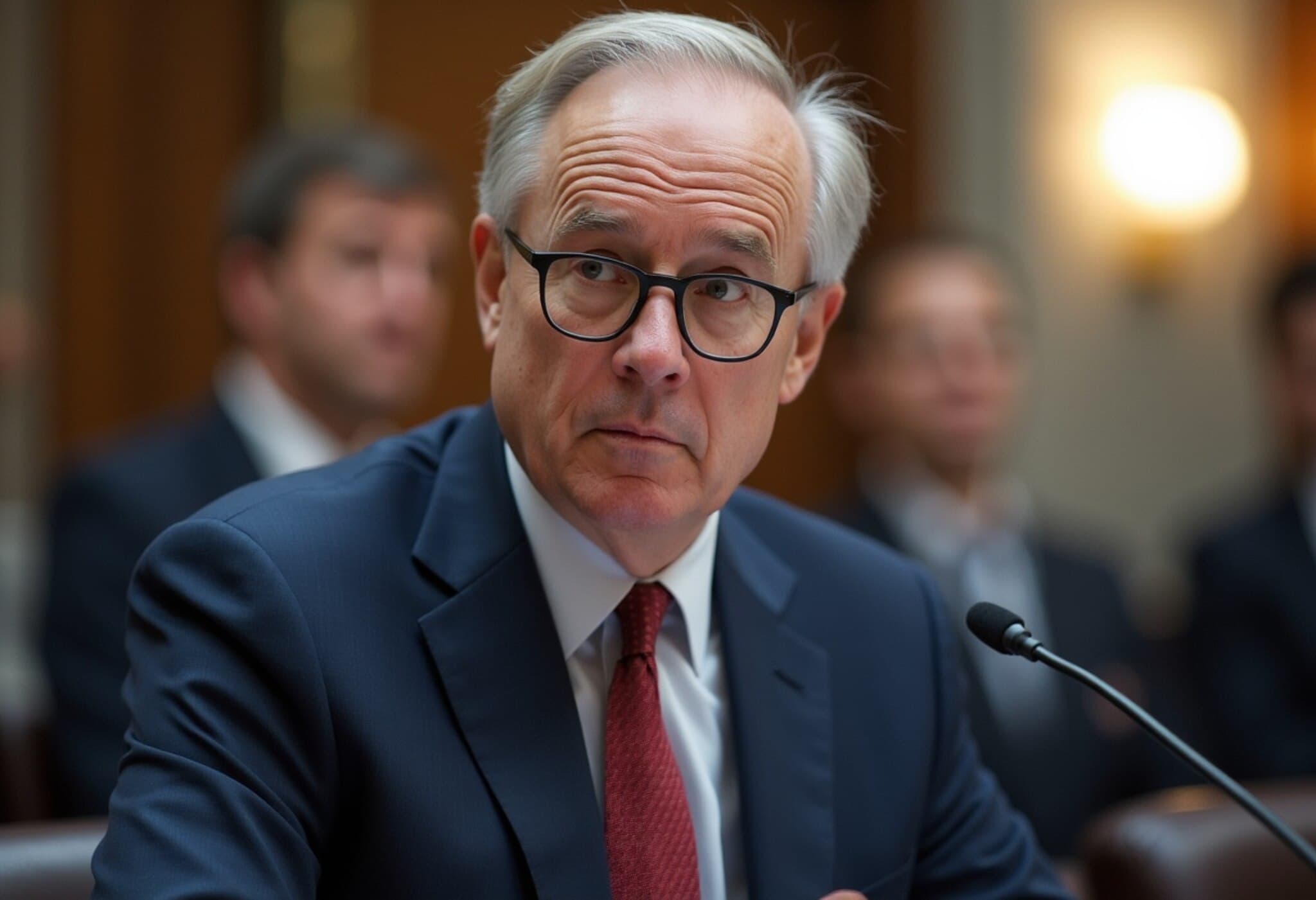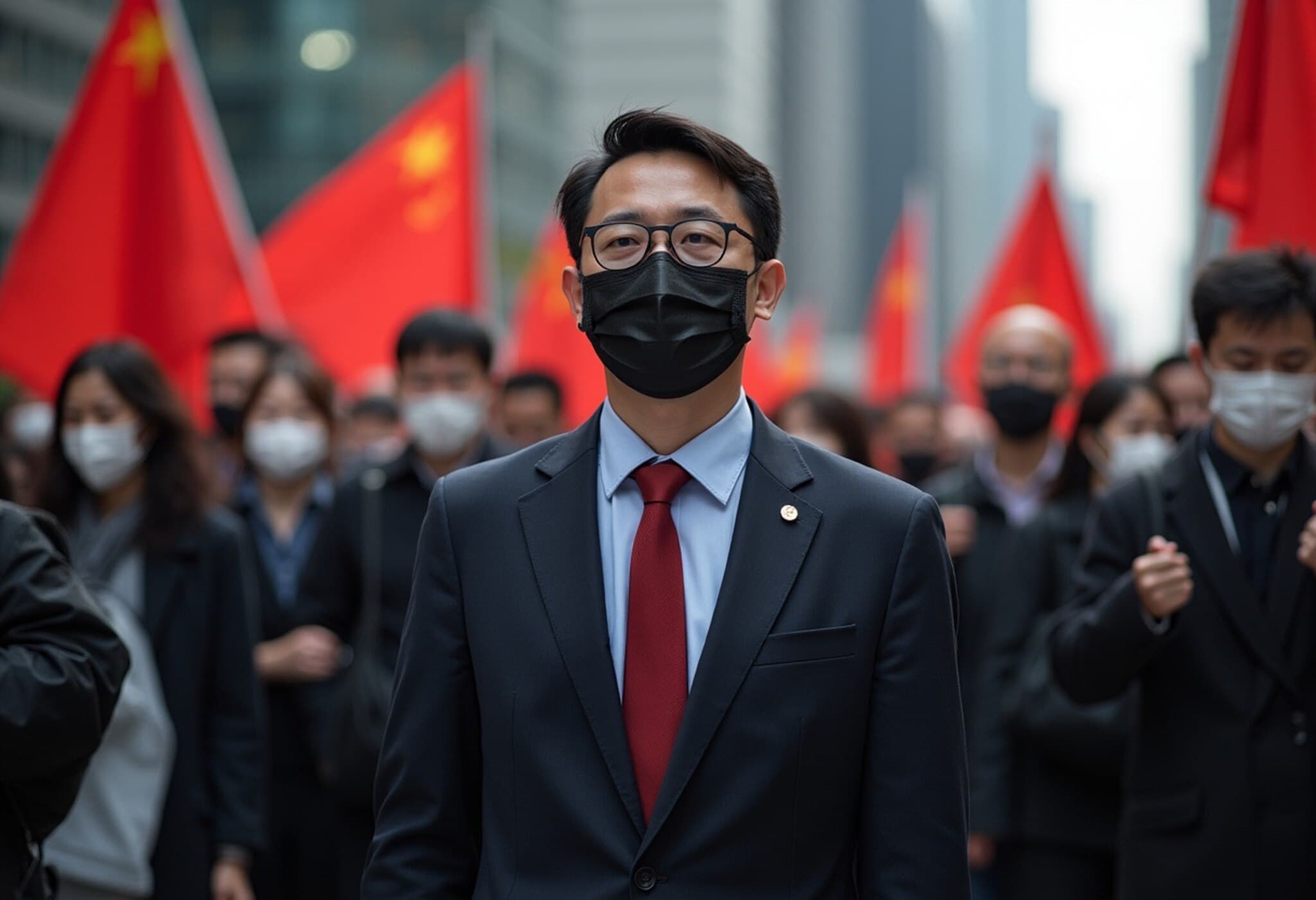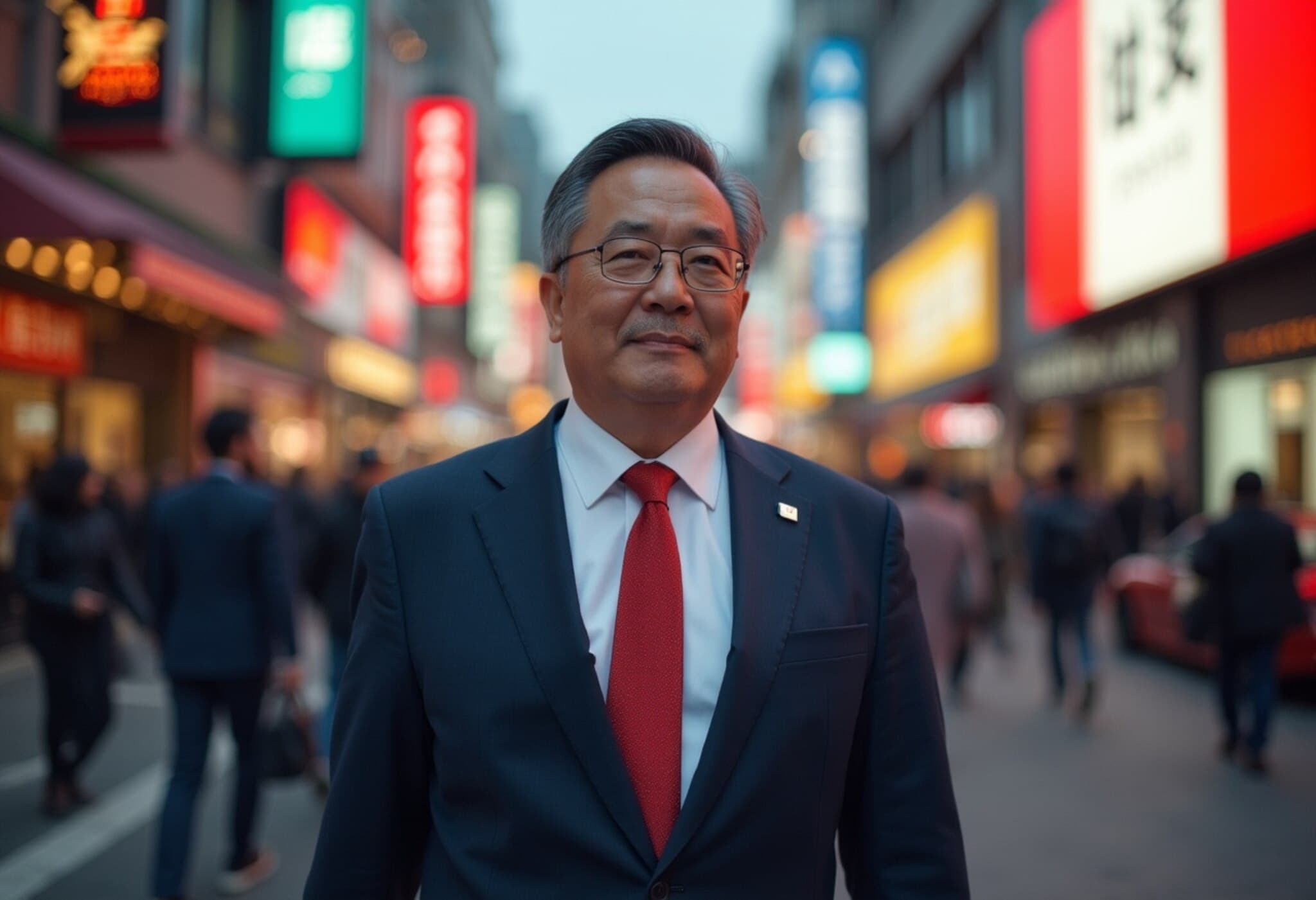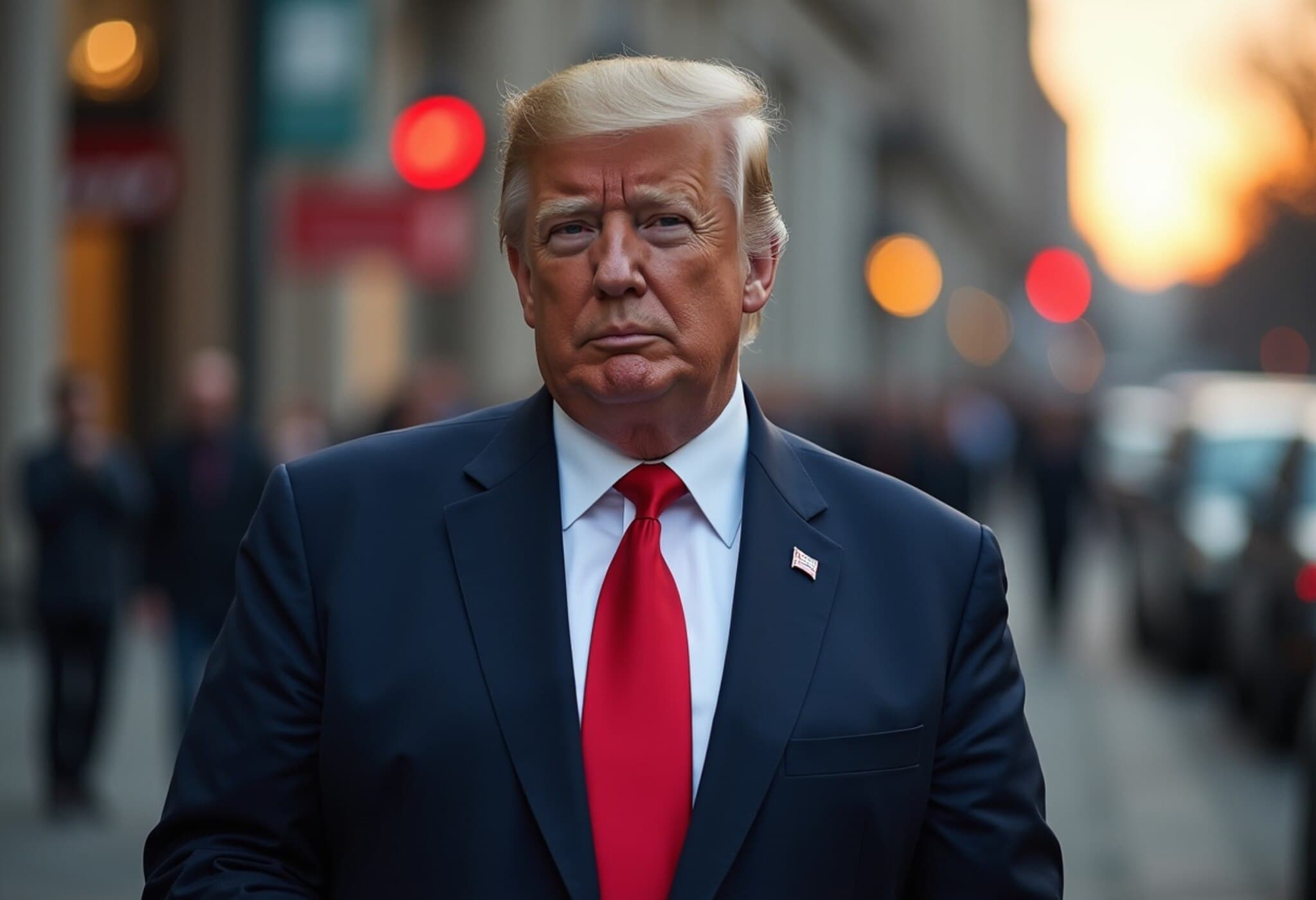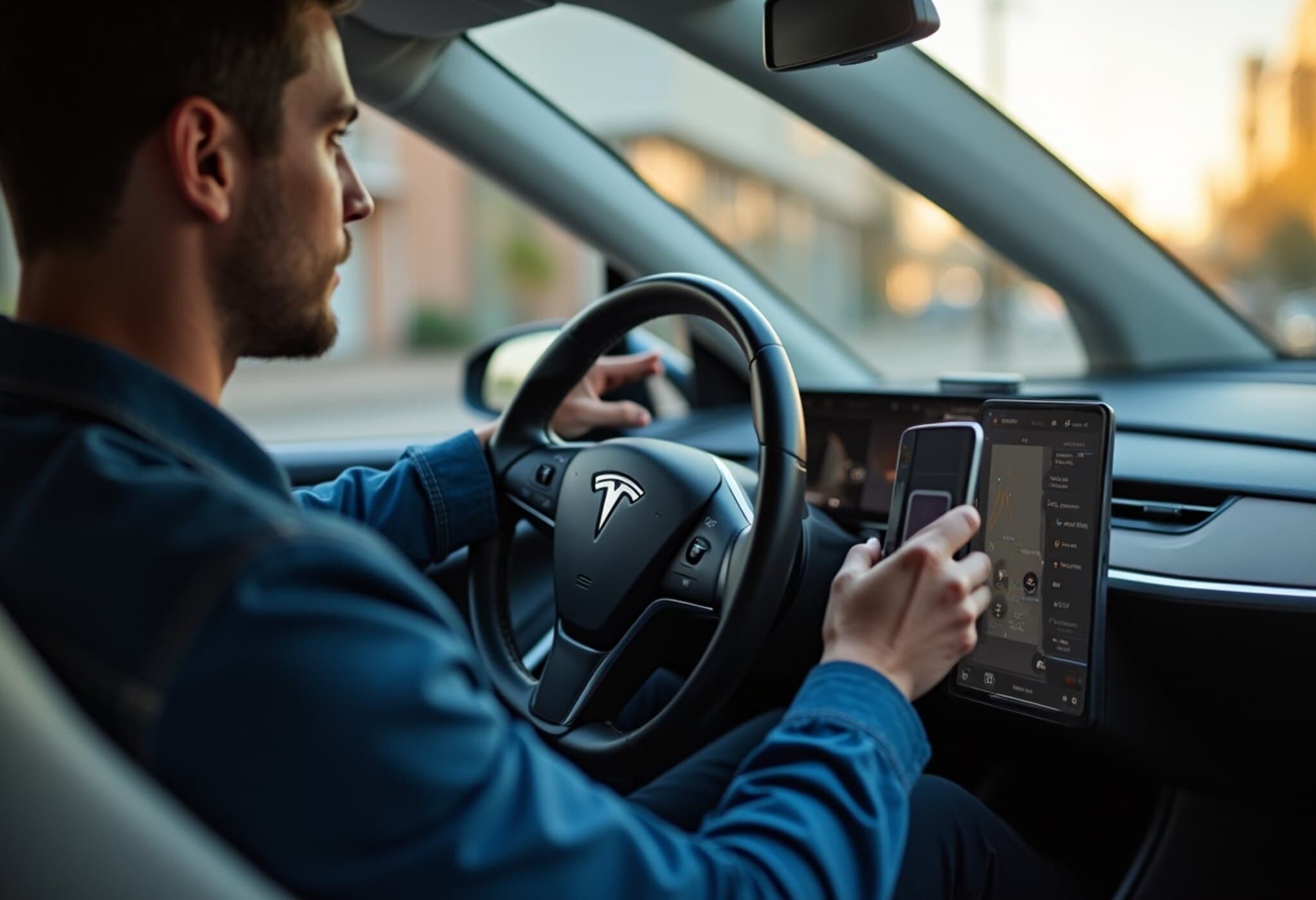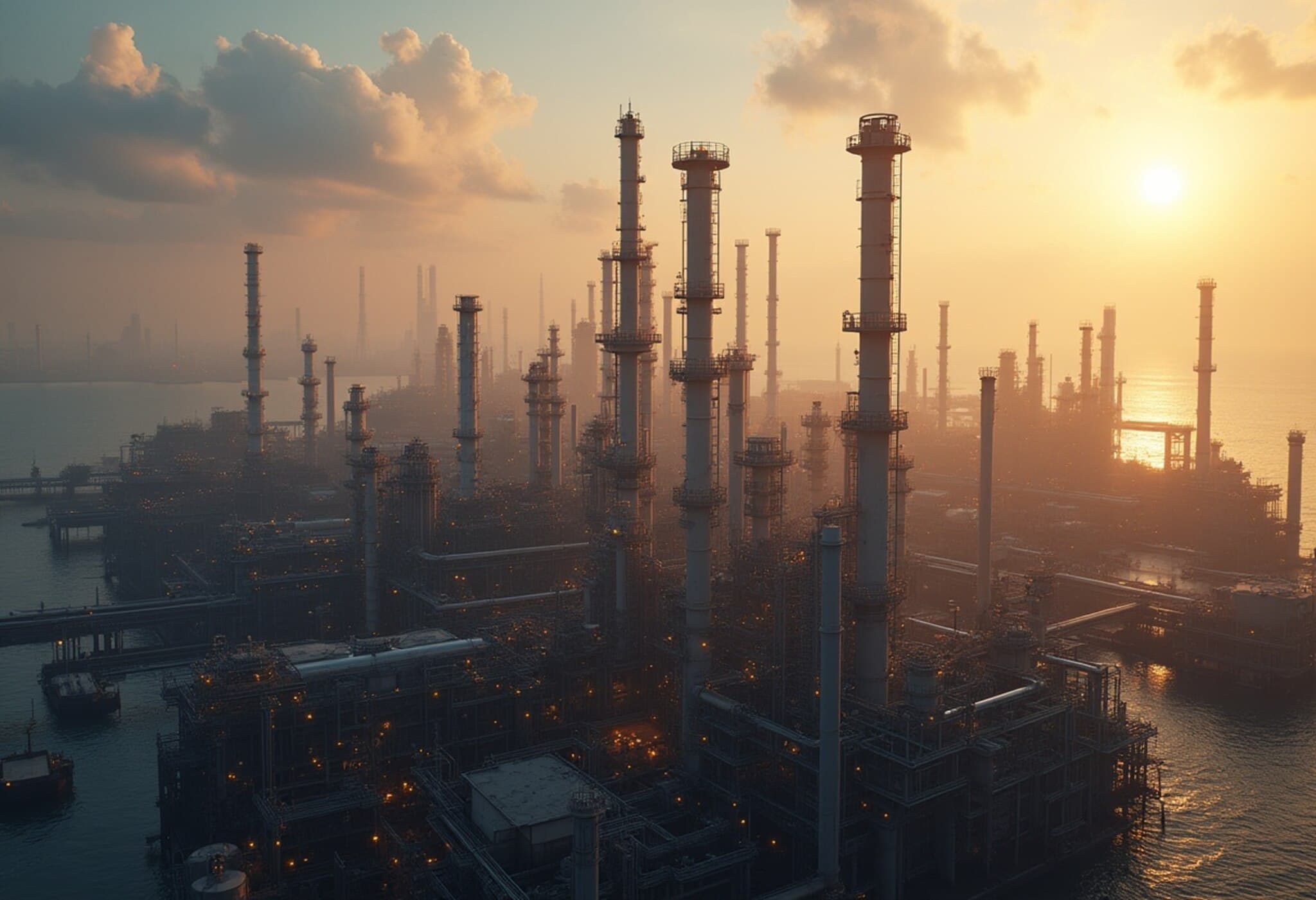The Unyielding Grip of American Economic and Political Influence
In a world constantly navigating shifting alliances and economic turbulence, the United States stands resilient as a global powerhouse, a leviathan too vast for other nations to evade or replace. This reality is underscored by a recent trade agreement struck between the European Union and the US, which many observers have interpreted less as a partnership and more as a reluctant capitulation to American economic heft.
Trade Deals Reflect Global Realities, Not Just Political Maneuvering
The new trade terms between the EU and the US, agreed upon despite early tensions, highlight a stark truth: many countries are willing to accept higher tariffs and concessions just to maintain access to the American market. European Commission President Ursula von der Leyen’s endorsement of this deal represents acknowledgment by global leaders that confronting or isolating the US economically is, at best, a losing proposition.
This dynamic runs counter to the hopes of some anti-populist factions who envisioned a fragmented America retreating into isolation, enabling liberal democracies elsewhere to thrive independently. But the US’s economic machinery, driven by unparalleled growth, innovation, and capital market magnetism, remains the engine pulling global trade and development forward.
American Economic Dominance: Too Big to Ignore or Replace
Even amid tariffs and protectionist policies that defy conventional economist wisdom, the US economy has showcased remarkable resilience. Stock markets have risen, growth figures remain robust, and American entrepreneurship continues undeterred.
Other liberal democracies—from Germany to Japan—face structural challenges and dwindling demographics that hinder comparable economic dynamism. The absence of any truly burgeoning alternative economic bloc capable of matching America's scale leaves global actors little choice but to engage with the US, regardless of political differences.
China’s Role: An Influential but Risk-Laden Counterbalance
China emerges as the most potent competitor to America’s economic and political influence. Yet, for many countries, aligning fully with Beijing entails risks far outweighing potential gains—given geopolitical uncertainties, governance differences, and global mistrust surrounding China’s ambitions.
While American protectionism may nudge some nations to deepen ties with China, the prospect of Beijing replacing the US as the cornerstone of globalization and a trusted global partner remains implausible at best.
The Global Order’s Dependence on American Leadership
The intertwining of economic and political spheres reinforces the US’s indispensability on the world stage. From mediating protracted conflicts across Asia and Africa to underpinning defense arrangements that buoy Taiwan and Ukraine, American power sustains a global order lacking any viable liberal successor.
The concessions made by NATO allies on military spending and trade reflect a pragmatic strategy: sustaining American leadership—the Pax Americana—is seen as essential, even by those who might prefer a post-American international system.
Populism and the Crisis of Liberalism Are Not Uniquely American
Contrary to any notion that America uniquely struggles with democratic backsliding and populism, Europe and Asia grapple with similar political upheavals. Countries like Italy, Hungary, and potentially the UK and France are experiencing their own political fractures, while nations such as Germany, Japan, and South Korea face rising polarization.
Furthermore, Western progressivism bears its illiberal contours, with multicultural tensions sometimes rendering European societies more fragile than the US. This paints a complex picture of a world where liberalism’s challenges are widespread, and no region enjoys assured political stability or moral high ground.
The Unavoidable Reality for Those Seeking Political Refuge
Many Western expatriates have sought to escape political turbulence by relocating to countries perceived as more ideologically aligned or stable. Yet, these havens are often fraught with their own contradictions and vulnerabilities.
The crux of the matter remains: the pivotal battles over freedom, democracy, and the future of global governance will be won or lost within America’s borders. The US’s trajectory fundamentally shapes the global trajectory, making it inescapably the arena where the future of liberalism and global order is determined.
Editor’s Note
America’s position as an economic and geopolitical leviathan stands unchallenged despite political headwinds and populist governance. The recent EU-US trade deal underscores a broader reality that few countries dare to disengage from the American market and its powerful influence.
As global liberal democracies wrestle with their own crises, and China offers a formidable yet fraught counterbalance, the US remains the indispensable axis of world affairs. Readers should consider: how will ongoing political shifts within America shape not only domestic policy but the fate of international cooperation, security, and economic systems?



